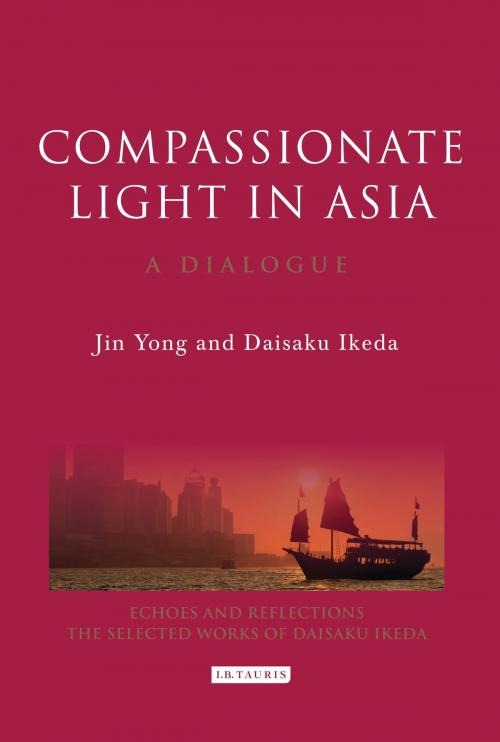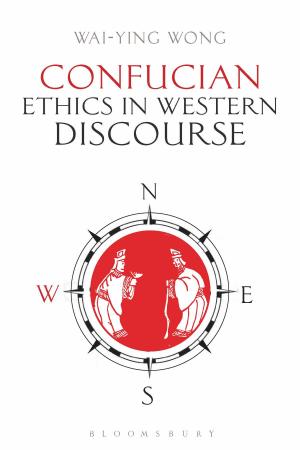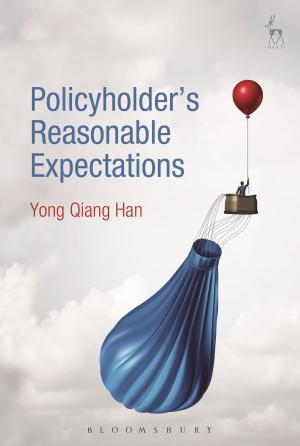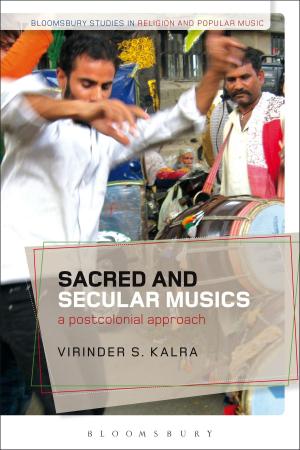Compassionate Light in Asia
A Dialogue
Nonfiction, Art & Architecture, General Art, Art History, History, Religion & Spirituality| Author: | Jin Yong, Daisaku Ikeda | ISBN: | 9781786720023 |
| Publisher: | Bloomsbury Publishing | Publication: | September 17, 2013 |
| Imprint: | I.B. Tauris | Language: | English |
| Author: | Jin Yong, Daisaku Ikeda |
| ISBN: | 9781786720023 |
| Publisher: | Bloomsbury Publishing |
| Publication: | September 17, 2013 |
| Imprint: | I.B. Tauris |
| Language: | English |
"Life is a drama of encounters", writes Daisaku Ikeda at the beginning of this dialogue: "Beautiful encounters. Momentary encounters. Each person's drama is unique." This particular encounter, between a celebrated Chinese novelist and prominent Japanese religious leader, illustrates the truth of that reflection: for in the discussion that resulted from their meetings, Jin Yong (who is sometimes called 'the Asian Dumas') and Daisaku Ikeda were able to find remarkable common ground - what they refer to as a 'karmic bond' - resulting from the particularity of their experiences in wartime and mutual resistance to adversity. Ranging across a variety of engaging themes, the interlocutors explore such topics as the nature of friendship; theories of civilization; world literatures that have inspired them; the importance of free speech; Buddhist perspectives on life and death; and the spiritual search for truth. Demonstrating a remarkable capacity for empathy throughout, the authors incarnate in their lives and work an intelligent and sympathetic compassion that represents a beacon of hope to the future direction of Sino-Japanese relations
"Life is a drama of encounters", writes Daisaku Ikeda at the beginning of this dialogue: "Beautiful encounters. Momentary encounters. Each person's drama is unique." This particular encounter, between a celebrated Chinese novelist and prominent Japanese religious leader, illustrates the truth of that reflection: for in the discussion that resulted from their meetings, Jin Yong (who is sometimes called 'the Asian Dumas') and Daisaku Ikeda were able to find remarkable common ground - what they refer to as a 'karmic bond' - resulting from the particularity of their experiences in wartime and mutual resistance to adversity. Ranging across a variety of engaging themes, the interlocutors explore such topics as the nature of friendship; theories of civilization; world literatures that have inspired them; the importance of free speech; Buddhist perspectives on life and death; and the spiritual search for truth. Demonstrating a remarkable capacity for empathy throughout, the authors incarnate in their lives and work an intelligent and sympathetic compassion that represents a beacon of hope to the future direction of Sino-Japanese relations















